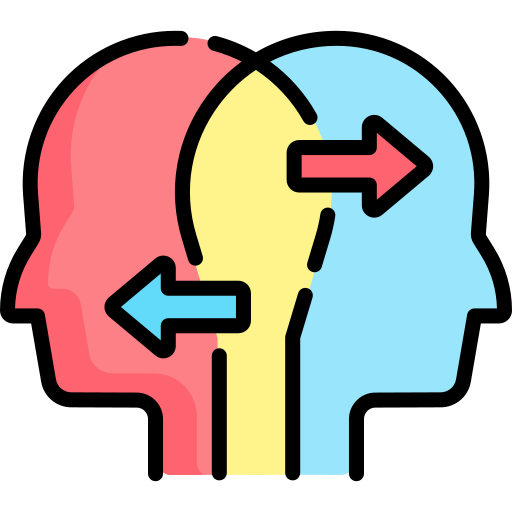Economics
Economics
Economics can be defined in a few different ways. It’s the study of scarcity, the study of how people use resources and respond to incentives or the study of decision-making. It often involves topics like wealth and finance, but it’s not all about money. Economics is a broad discipline that helps us understand historical trends, interpret today’s headlines, and make predictions about the coming years.
Economics ranges from the very small to the very large. The study of individual decisions is called microeconomics. The study of the economy as a whole is called macroeconomics. A microeconomist might focus on families’ medical debt, whereas a macroeconomist might focus on sovereign (country) debt. (Source: American Economic Association)
Knowledge Centre
This section contains an eclectic mix of research and articles on Doughnut Economics, Industrial Revolution, Low Carbon Economy, Sustainable Economy, GEP (Gross Ecosystem Product) including documents such as Pricing Pollution (2011), The Problem of Social Cost (1960), the Economics of the Circular Economy (2016, 2017), globalisation and the History of Carbon Trading (Miscellaneous).
References:
- Economics: Ultimatearm from Flaticon
- Knowledge Centre: Freepik from Flaticon
- Information: CleanPNG




